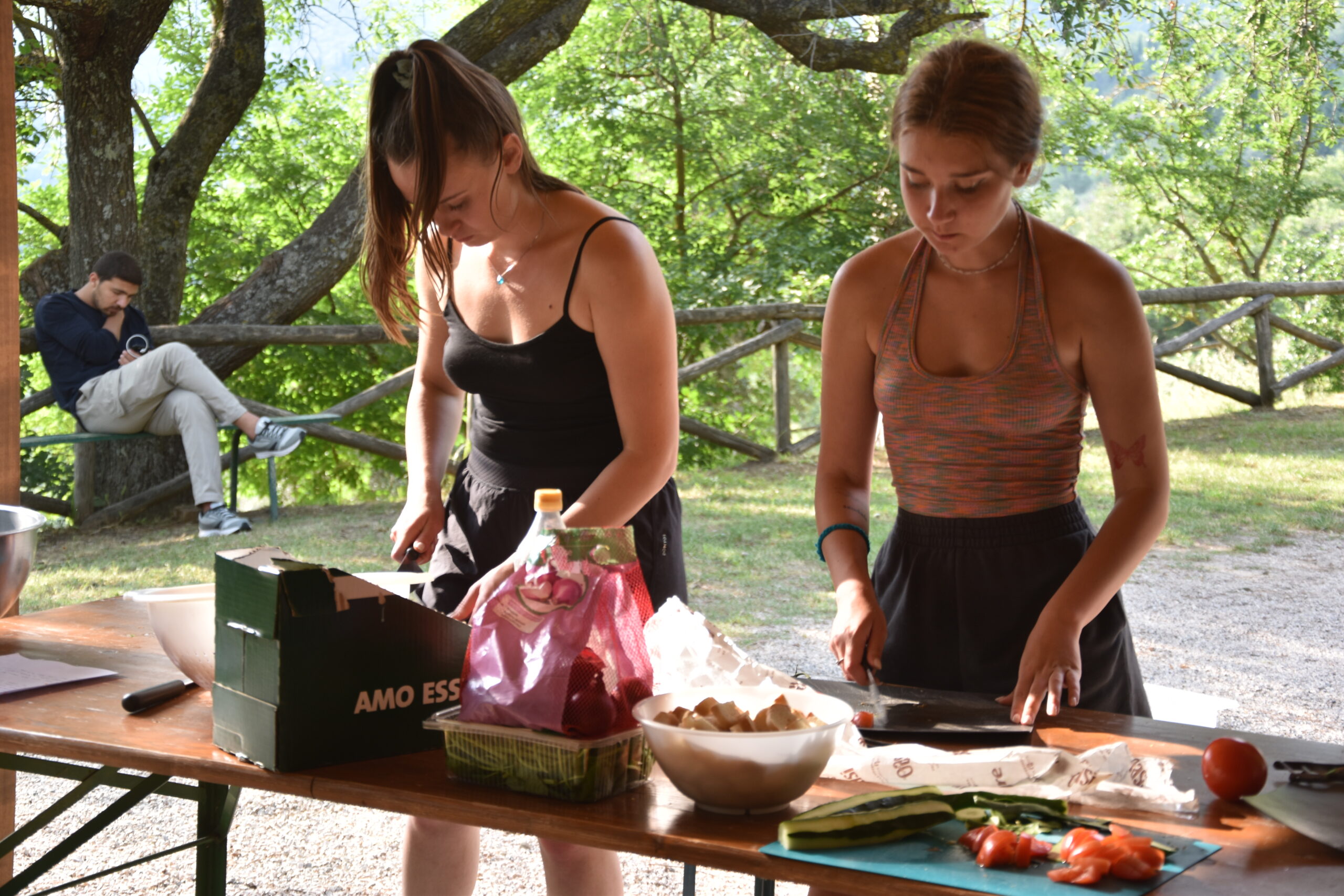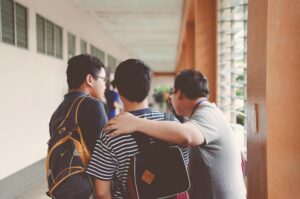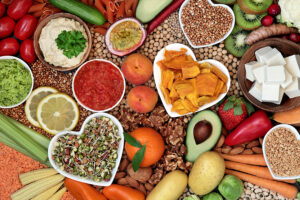This interview refers to the Masterchef activity which can be found in our Good Practices section.
GOOD PRACTICE OVERVIEW, CHALLENGES AND OPPORTUNITIES
What did you like the most about this practice?
What I like the most about this activity was the fact that it was very practical, there was a lot of cooking involved, and a lot of importance was given to the process. It’s not easy to coordinate a group of people, so I liked the peer-to-peer learning and the fact that people were in charge of the decision-making process.
What did you like the least about this practice?
I think that something that I didn’t like too much the time I did it was that, from my point of view, the way to make things more sustainable was a little bit superficial. It was just what we were using, but not about how it was produced, or where it was coming from..Because even an apple can be super unsustainable if it comes from the other part of the world. For example, in the tool that we used to calculate the impact of the food you could only use ‘Europe’ as an option, but Europe can mean 10 km from my house or 1.000 km from my house, so this part maybe wasn’t so perfect.
How can this practice be improved in the future?
I think that finding a better tool for calculating the environmental impact could be a good idea. Also integrating other means to measure sustainability that are not only CO2, but also other things that are connected to sustainability. The tool that we used to calculate the CO2 in my opinion was too approximated, I don’t know if it’s easy to find another tool but this could be another improvement. And, maybe, between the two parts of the activity to have more debriefing moments, and informative moments, in order to really get deeper into the topic of food sustainability.
This creates a very unique moment because participants feel that they are a team, which is something meaningful.
Do you think your understanding of Food Literacy and sustainable food systems has been improved after implementing this practice?
I don’t think so because I was already very aware of this topic, but I think that for some people that were with me in the project it did improve, so I think it works in this sense.
Have you made any changes to your diet yet after implementing this practice?
Not really, because I’m constantly making changes to my diet, trying to be more sustainable, so it didn’t really move me. But I do think that some people who were in my group and other participants did go through some changes after the activity
Do you have any ideas, how can sustainable food systems be promoted among young people/children?
I think that activities like Master Chef are really good for promoting sustainability related to food. From my point of view, sustainability is reached when people produce their own food, or at least transform their own food, and in this sense, Master Chef is really good for that. Then, I think that, especially for young people, it’s important to show some captivating processes, like for example visiting some producers, and also for kids it’s really important. Like, for example, milking cows, this is, didactics approaches that make them understand where their food comes from, and that allow them to be directly involved in food production, can spark an inspiration, and maybe they can be really impacted by what they see in these learning activities.







